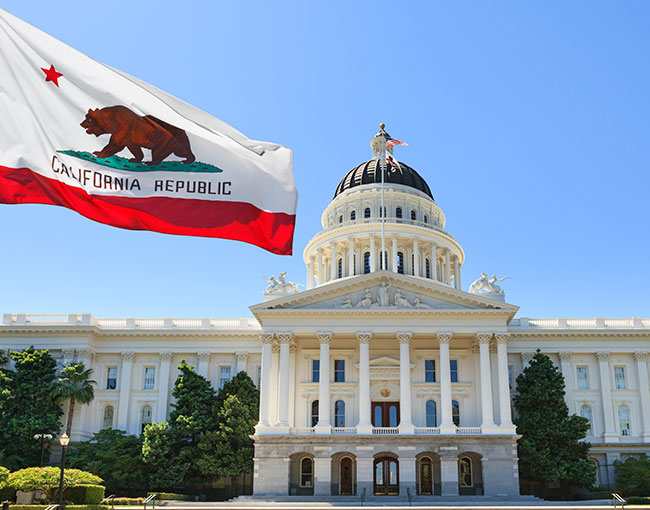Home > Insights > Publications > California Employers, Are You Ready for 2025? 10 Things to Watch Out For
It's that time of year again! The
California legislature has been quite busy enacting and Governor Newsom has
signed into law several new laws affecting California employers. As 2024 winds
down, here are 10 new laws California employers should watch out for in 2025.
Minimum Wage: California’s state minimum wage increases to $16.50
per hour for non-exempt employees, regardless of size (several local governments
have higher minimum wages); the minimum salary for exempt employees increases
to $68,640 per year. In addition, the minimum wage increases to $23 per hour
for many health care workers effective July 1, 2025. The minimum wage for fast
food workers increased to $20 per hour effective
April 1, 2024.
Anti-Discrimination Laws: SB 1137 amends the Unruh Civil Rights Act and the
California Fair Employment and Housing Act to clarify that the law prohibits
discrimination on the basis not just of individual protected traits, but also
on any combination of two or more protected traits. In addition, AB 1815 ,
which applies retroactively, amends the Unruh Civil Rights Act, the Education Code, and the Government Code to
amend the definition of "race" to include "traits associated
with race,” such as hair texture and hairstyles.
Paid Family Leave: Employers no longer will be allowed to require
employees to use up to two weeks of accrued vacation before taking PFL
benefits.
Time Off for Victims of
Crime: AB 2499 expands the
provisions for time off related to jury duty, court appearances and other activities
to include an employee's family member who is a victim of a qualifying act of
violence and to allow employees to use paid sick leave when an employee or an
employee's family member is a victim.
Driver's License
Discrimination: Employers will be prohibited
from including statements in job advertisements, postings or applications
requiring applicants to have a driver’s license, except where the employer reasonably
expects driving to be one of the job
functions of the position and reasonably believes that using an alternative
form of transportation would not be comparable in travel time or cost to the
employer.
Captive Audience Meeting Ban:
SB 399, the California Worker Freedom
from Employer Intimidation Act, prohibits employers from taking or threatening
to take adverse action against an employee who declines to attend a meeting or
participate in, receive or listen to the employer's opinion on religious or political
matters, or union organizing.
Independent Contractors: The Freelance Worker Protection Act, SB 988, requires
that independent contractors providing services of $250 or more be paid on or
before the date in their contract or in the absence of a contractual date, no
later than 30 days after completion of services and prohibits conditioning
payment on accepting less compensation or making certain changes to the
contract. The new law also requires a written contract between the hiring party
and the worker, which must include
certain information (such as names, dates, list of services and payment
information), and which the hiring party must retain for four years. The hiring
party also is prohibited from taking adverse action against a worker for
exercising their rights under this bill and either the worker or a public
prosecutor may bring a civil action as enforcement.
Workers' Compensation Rights:
AB 1870 requires California employers
to include information in workers' compensation
notices that the injured employee has the right to consult an attorney.
Whistleblower Posting. Pursuant to AB 2299, the Labor Commissioner must
develop a model list of employees' rights and responsibilities under the
whistleblower laws and provides that employers must post the model list.
Disclosure of Food Delivery
Drivers' Identity: Pursuant to AB
375, effective March 1, 2025, third-party food delivery platforms are required
to disclose to customers the driver's first name and picture when the customer
is notified that the order is out for delivery.

